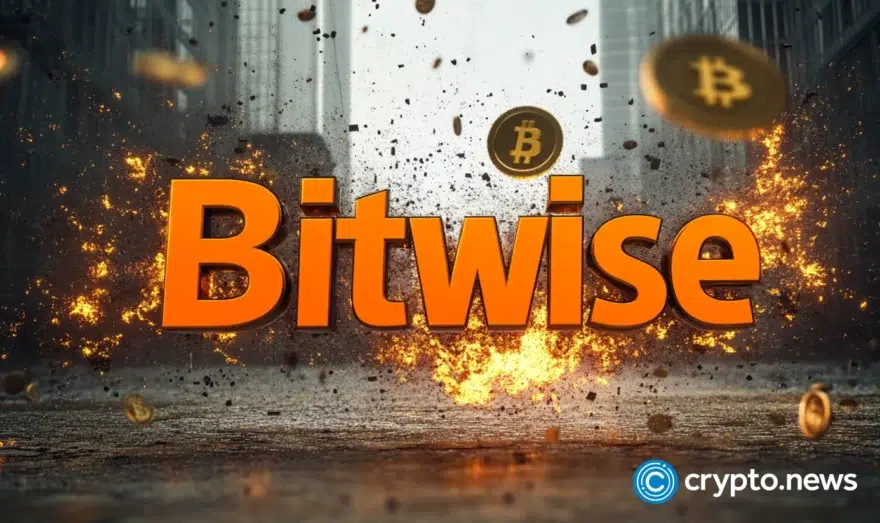Grayscale Ethereum ETFs move into SEC’s generic listing regime

Grayscale’s flagship Ethereum investment vehicles now operate under a more streamlined regulatory regime. The move to generic standards reduces future filing requirements, signaling a new phase of maturity for crypto ETFs in U.S. markets.
- SEC approved NYSE Arca’s request to shift Grayscale’s Ethereum ETFs from non-generic to generic listing standards.
- The rule change streamlines oversight, reducing future filings and allowing the funds to continue trading without case-by-case approval.
- Analysts see the move as a step toward broader adoption of spot crypto ETFs, with the SEC still soliciting public comments.
According to a notice issued by the U.S. Securities and Exchange Commission on Sept.23, the agency has approved NYSE Arca’s request to shift the Grayscale Ethereum Trust ETF and its Mini Trust counterpart from a “non-generic” to a “generic” listing standard.
The rule change, filed by the exchange on Sept. 19 and made effective immediately, transitions the products from their initial, bespoke regulatory framework to a broader classification used for established commodity-based trusts. This administrative shift means the funds can now continue trading without needing case-by-case SEC approval for their continued listing.
Why the rule change matters
Last week, NYSE Arca argued the rule change is consistent with the Exchange Act, citing Section 6(b)(5), which mandates that exchange rules are designed to prevent fraud and manipulation, promote fair trading, and protect investors.
The exchange said the generic standard “will remove impediments to and perfect the mechanism of a free and open market.” Essentially, NYSE Arca contends that by eliminating redundant, case-by-case oversight for already-approved products, the market operates more efficiently, which ultimately benefits investors through enhanced competition and smoother operations.
The SEC agreed with this assessment, waiving the standard 30-day operative delay to the rule change to take effect immediately. Specifically, the regulator noted that the step was consistent with investor protection and the public interest, as it did not introduce any novel issues.
Still, the agency retained a safety valve. The SEC notice specifies that for the next 60 days, the agency retains the authority to “temporarily suspend such rule change” if it finds such action necessary to protect investors, safeguard markets, or further the purposes of the Act.
ETF specialists see the development as part of a broader shift. Bloomberg Intelligence analyst James Seyffart noted last week that the new standards could pave the way for a wave of spot crypto exchange-traded products, particularly altcoin ETFs that have been waiting on regulatory clarity.
The SEC has also invited public comment on the rule change, underscoring that the process is not finished. Interested parties have an opportunity to submit data, views, and arguments concerning whether the change is consistent with the Exchange Act.

















